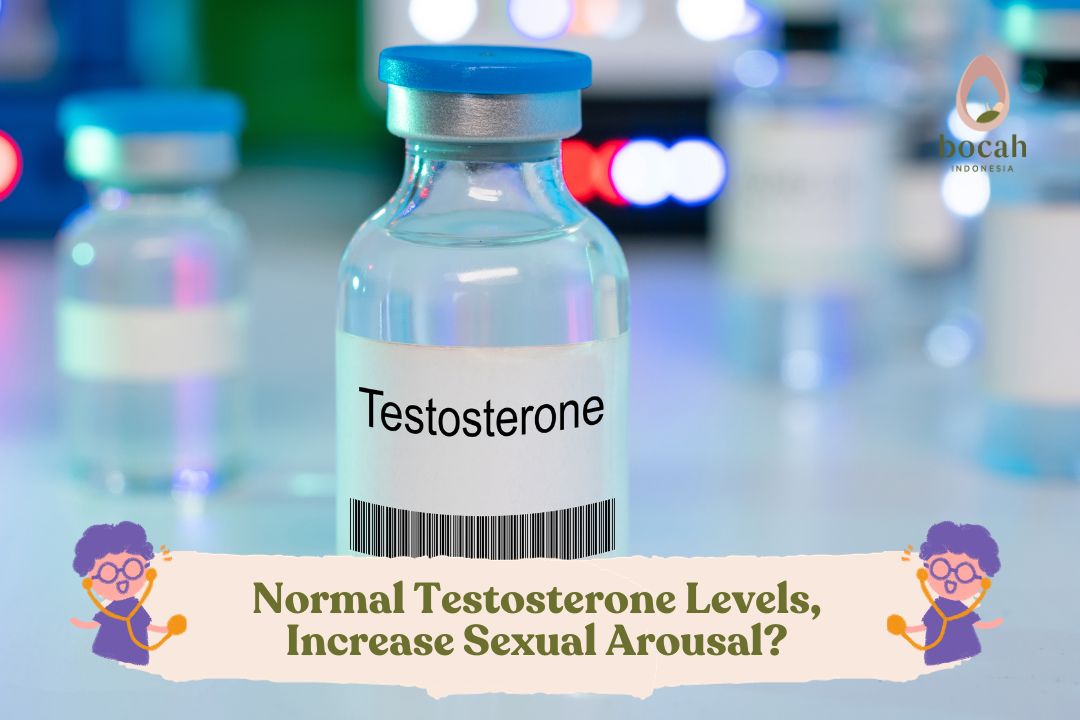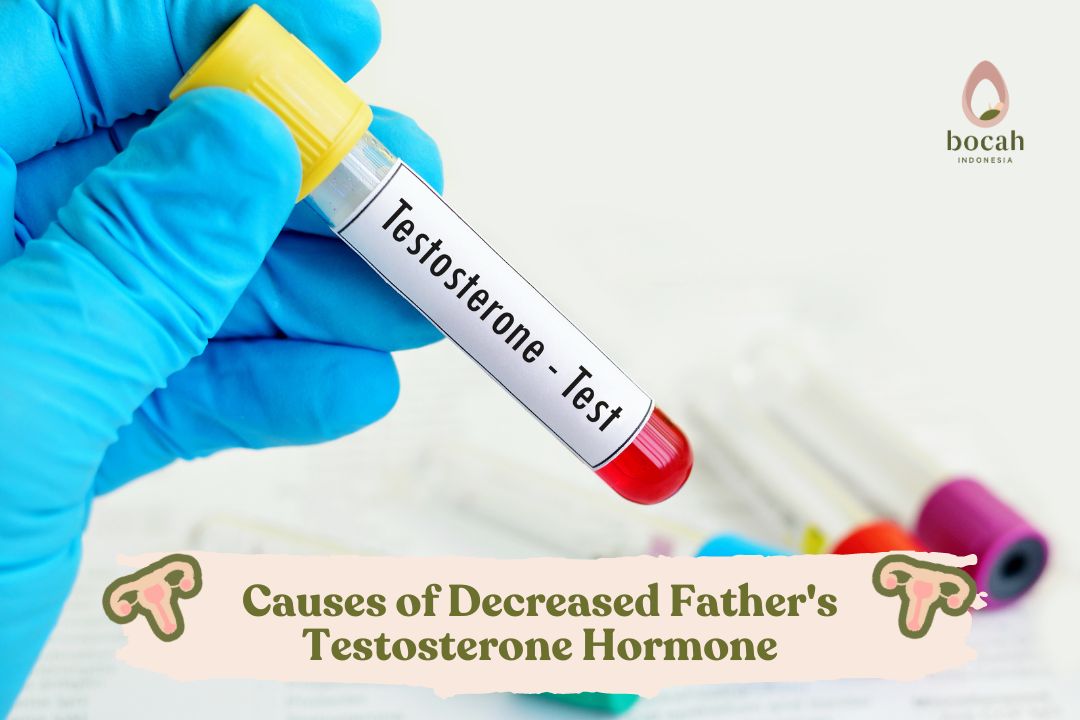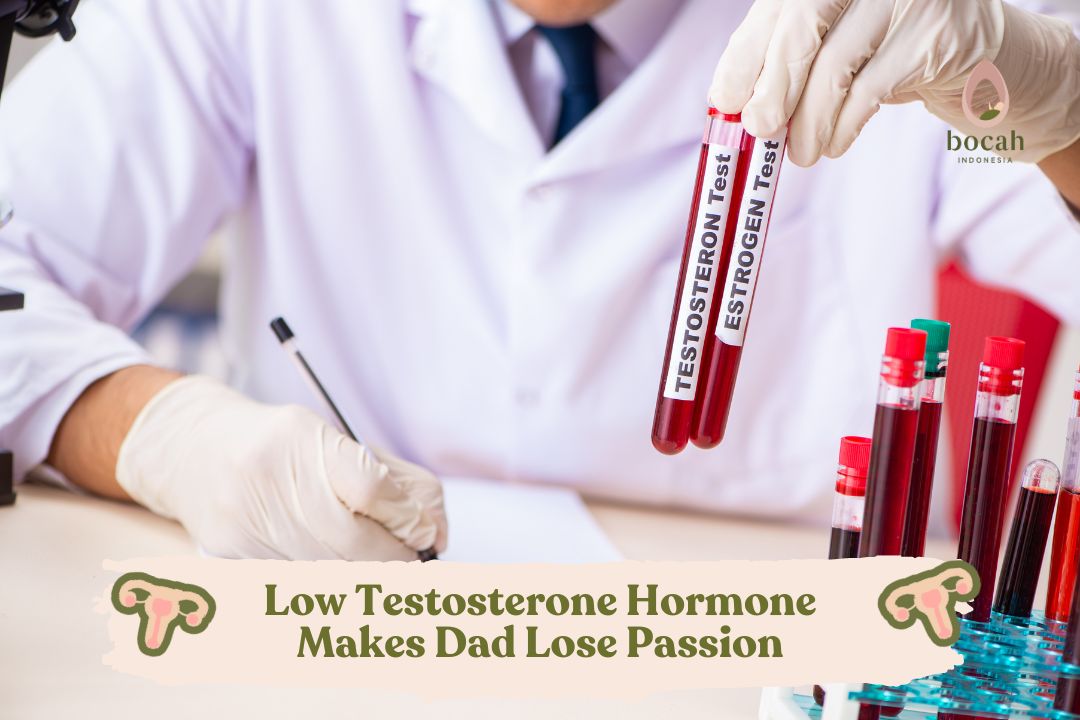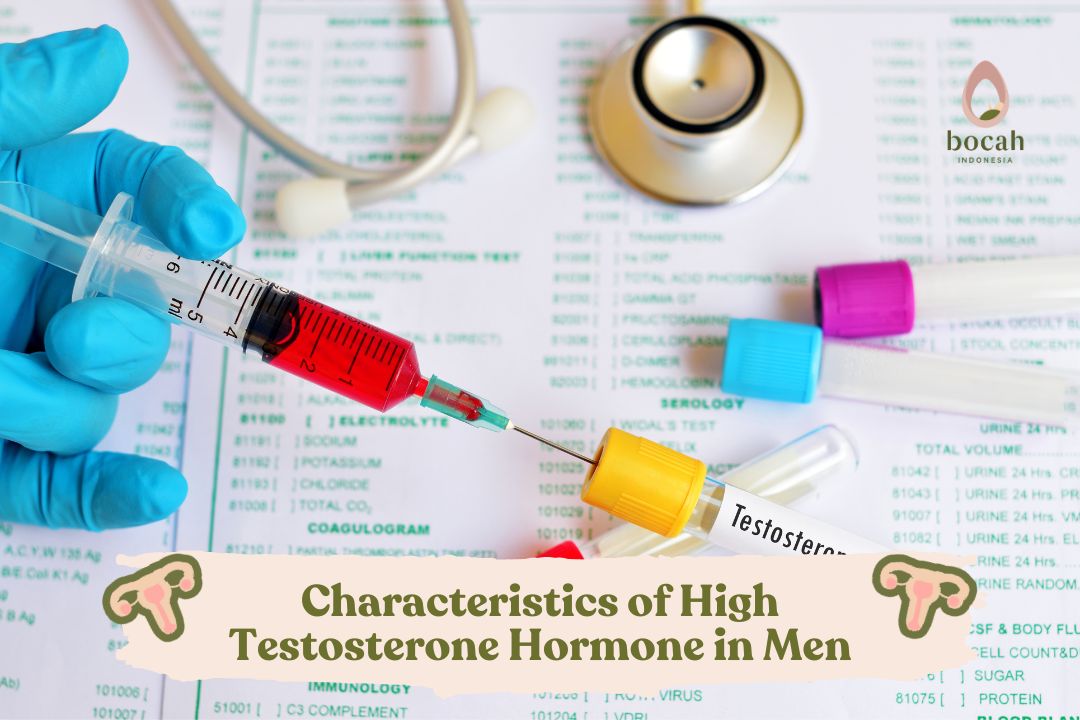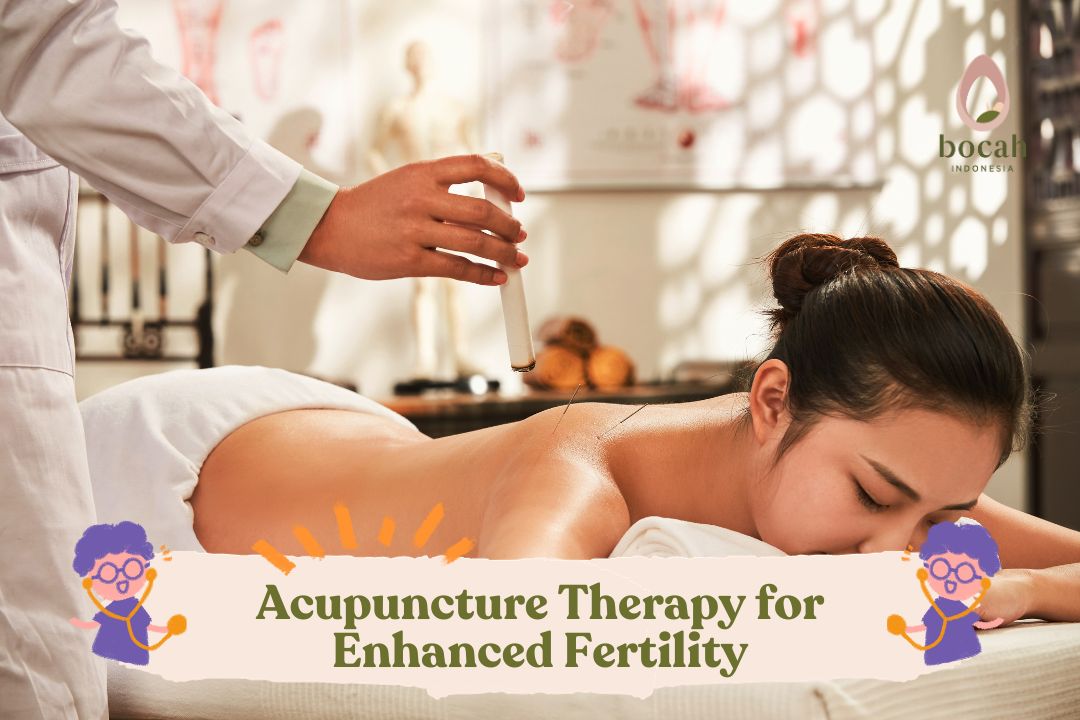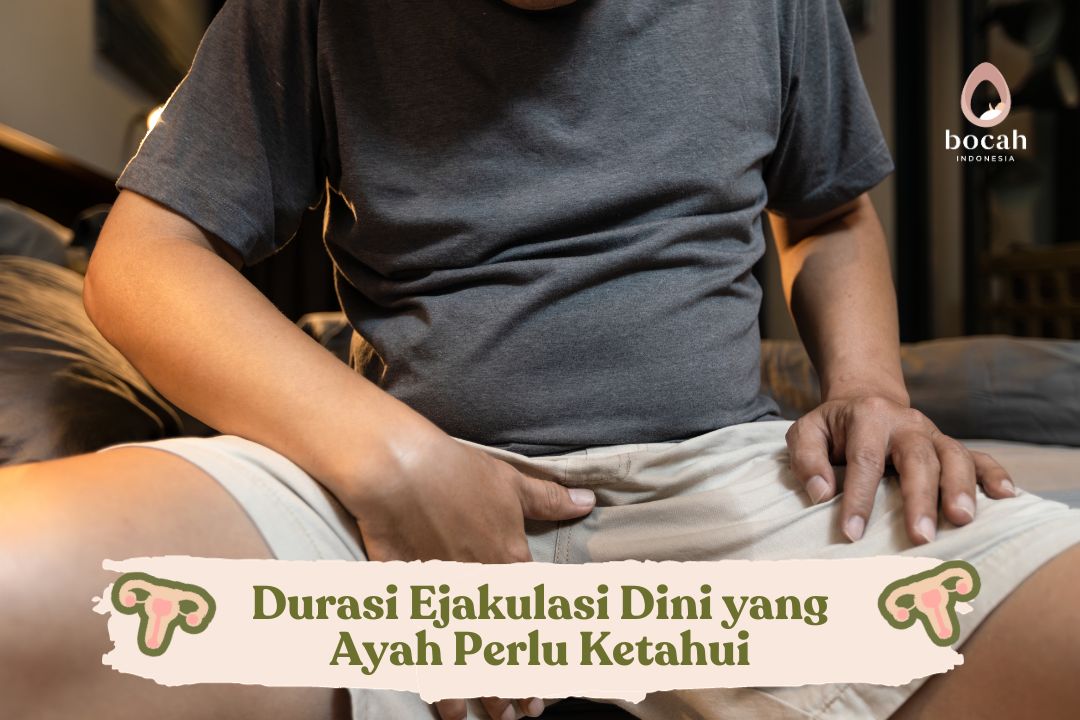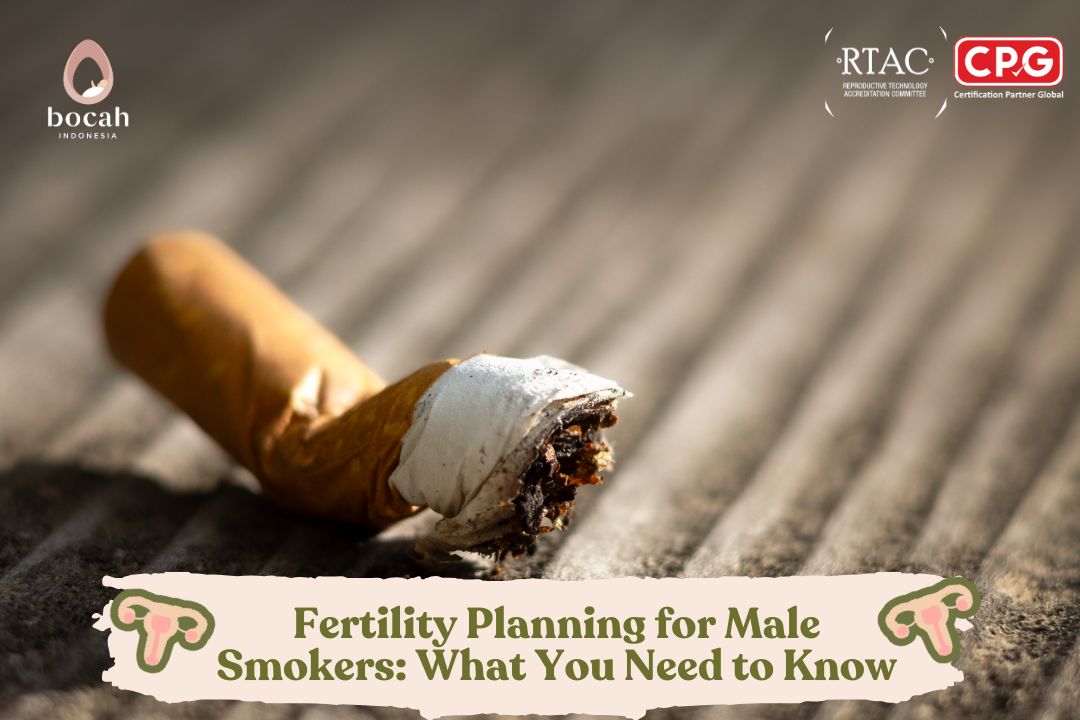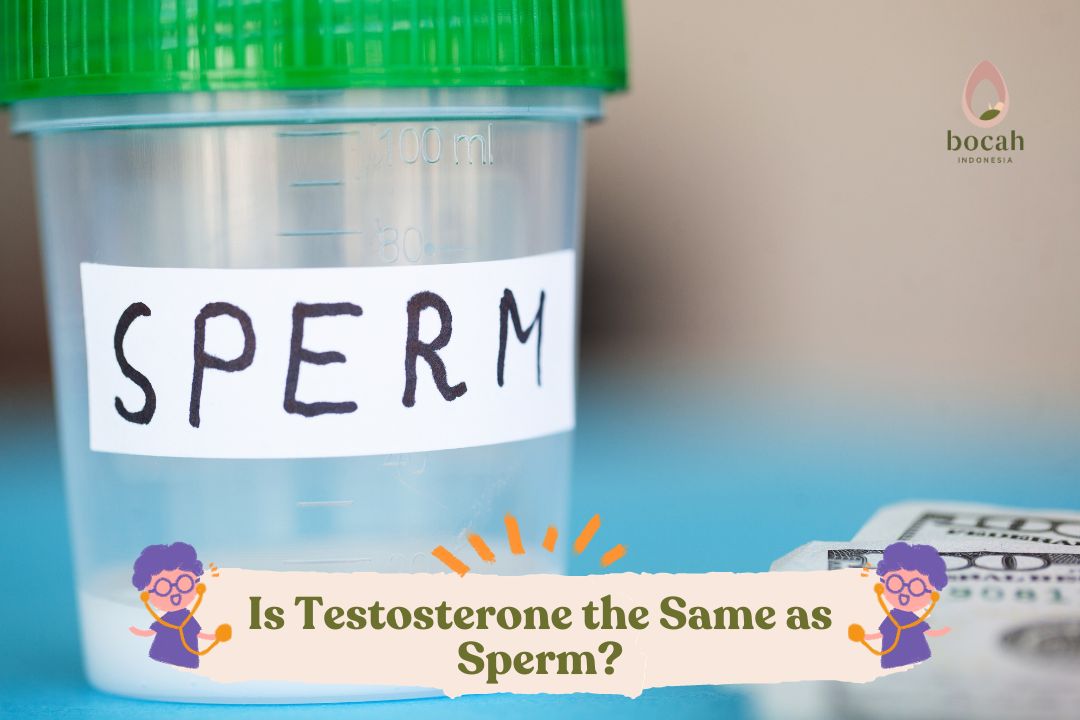Do You Need Testosterone Hormone Therapy to Maintain Your Desire?

As you age, testosterone hormone levels can decrease. So, is testosterone hormone therapy necessary?
As men age, testosterone hormone levels tend to decline. Decreased testosterone levels can impact men’s health and well-being, including various aspects such as energy, muscle mass, and sexual function.
The question that arises is whether testosterone hormone therapy is necessary to address this decline. It’s important for fathers to know that testosterone hormone therapy has benefits and risks that need to be considered.
What Is Testosterone Hormone?
Testosterone is a hormone produced in the testes. This hormone plays a role in producing sperm. Of course, its important role can help fathers and mothers conceive more quickly. Here are the roles that testosterone hormone can help maintain:
-
Bone density
Tanya Mincah tentang Promil?
-
Fat distribution
-
Strength and muscle mass
-
Facial and body hair growth
-
Red blood cell production
-
Sexual desire
-
Sperm production
Testosterone levels generally peak during adolescence and adulthood. As you age, testosterone levels gradually decrease, usually about 1% per year after the age of 30 or 40.
In addition to aging, a decrease in testosterone hormone can also be caused by a medical condition called hypogonadism. Hypogonadism inhibits the ability to produce a normal amount of testosterone due to problems with the testes or the pituitary gland that controls the testes.
Symptoms of Low Testosterone Hormone
Men can experience many signs and symptoms as they age. Some of the possible effects of declining testosterone levels may include:
-
Changes in sexual function. This can include a decreased sexual desire, fewer spontaneous erections, for example, during sleep, and infertility.
-
Physical changes. Various physical changes may occur, including increased body fat, decreased muscle mass and strength, and reduced bone density. Swelling or pain in the breasts (gynecomastia) and body hair loss may also occur.
-
Emotional changes. Low testosterone can contribute to a decrease in motivation or self-confidence. Fathers may feel sad or depressed or have difficulty concentrating or memory loss.
Some of these signs and symptoms can also be caused by other factors, including medication side effects, obstructive sleep apnea, thyroid problems, diabetes, and depression. These conditions can also lead to low testosterone levels, so proper treatment can lead to an increase in testosterone levels.
Is Testosterone Hormone Therapy Necessary?
Testosterone therapy can help reverse the effects of hypogonadism, but it’s unclear whether testosterone therapy will provide benefits for low testosterone due to natural aging.
While some men may believe that they feel younger and more energetic after taking testosterone medication, there isn’t much evidence supporting testosterone use.
Guidelines from the American College of Physicians suggest that testosterone therapy may improve sexual function in some men, but there isn’t much evidence indicating improvements in other functions such as vitality and energy.
Therefore, the decision to undergo testosterone hormone therapy should usually be carefully considered, especially if parents plan to undergo conception and should involve in-depth discussions with a doctor. Here are some considerations for testosterone hormone therapy:
-
Symptoms and Health Impact
If you have low testosterone levels and experience symptoms that affect your quality of life, such as decreased energy, sexual problems, muscle mass loss, or mood disturbances, testosterone hormone therapy may be beneficial.
-
Diagnosis of Hypogonadism
If your low testosterone levels are due to a medical condition called hypogonadism, which is a disorder of the pituitary gland or testes that produce testosterone, testosterone hormone therapy may be necessary. Hypogonadism can affect testosterone hormone production.
-
Age and General Health
As you age, natural testosterone levels will naturally decrease. Testosterone hormone therapy may not always be the recommended choice for this condition. A decrease in testosterone with age is part of the natural aging process.
-
Consider Risks and Benefits
Testosterone hormone therapy comes with certain risks, including the risk of prostate enlargement, reduced sperm production, and an increased risk of cardiovascular disease. Before deciding to undergo therapy, it’s important to understand the risks and benefits.
It’s essential to consult with a doctor or andrology specialist to assess the need and suitability for testosterone hormone therapy based on your health condition and specific symptoms you are experiencing. Learn more about fertility and conception programs only at Bocah Indonesia.
Source:
- Corona, G., Sforza, A., & Maggi, M. NCBI. Testosterone Replacement Therapy: Long-Term Safety and Efficacy. World Journal of Men’s Health (2017). 35(2), pp. 65–76. https://pubmed.ncbi.nlm.nih.gov/28497912/
- Mayo Clinic (2020). Testosterone Therapy: Potential Benefits and Risks as You Age.
- Harvard Health Publishing. (2011). Testosterone Replacement: A Cautionary Tale.
- Healthline. (2016). Hormone Replacement Therapy for Men.
- WebMD. (2008). Hormone Replacement Therapy for Men: Pros and Cons.


